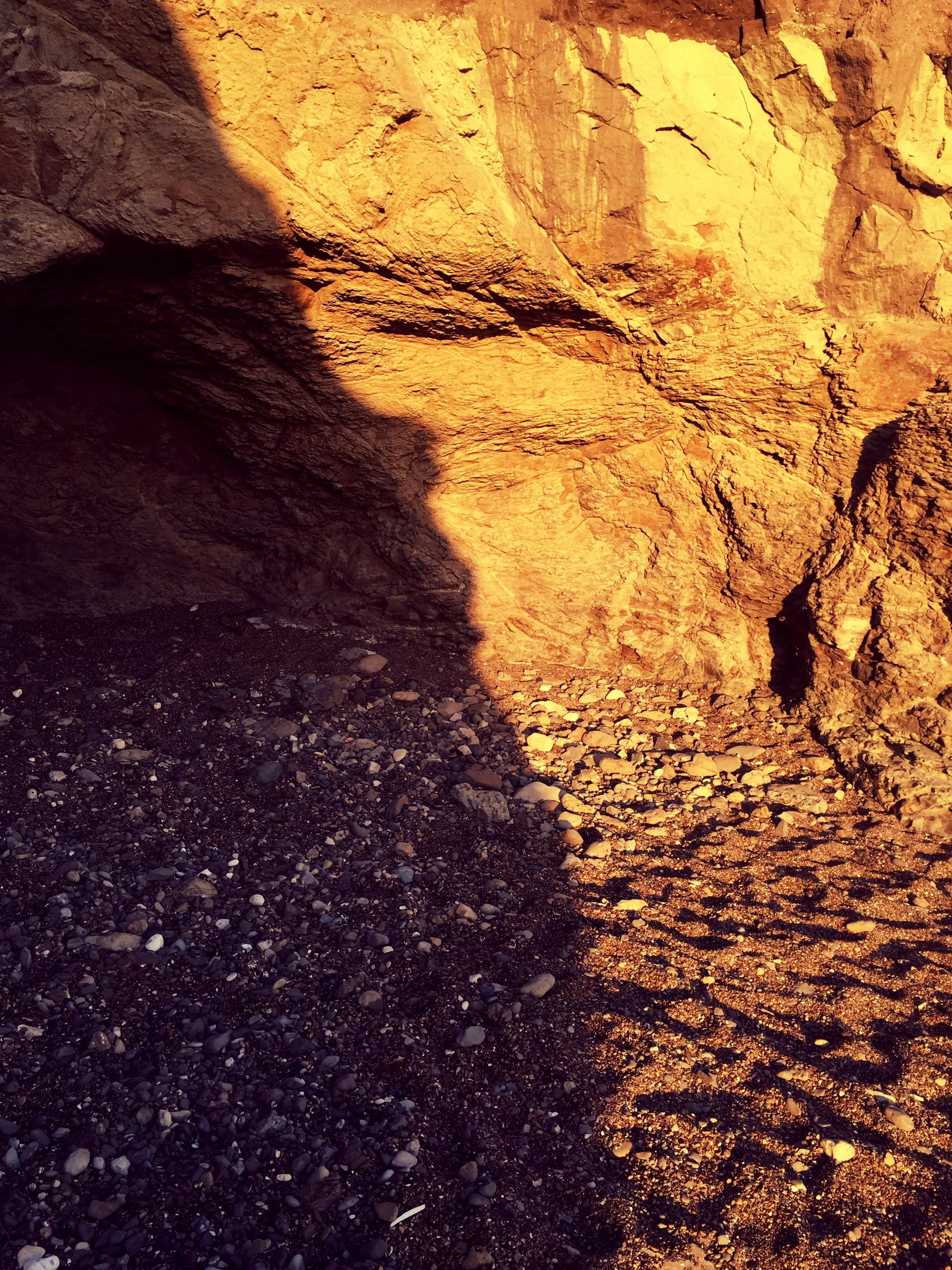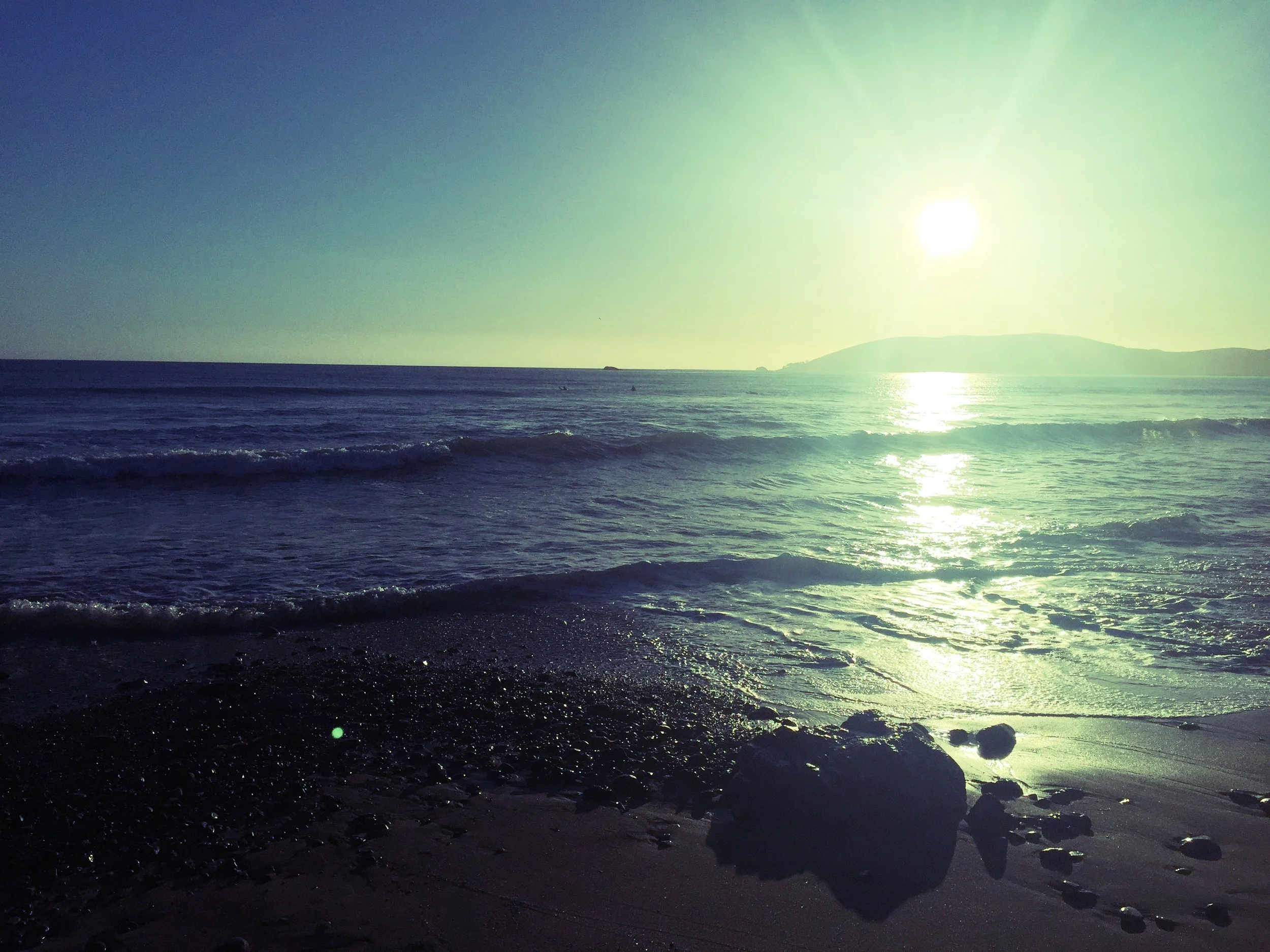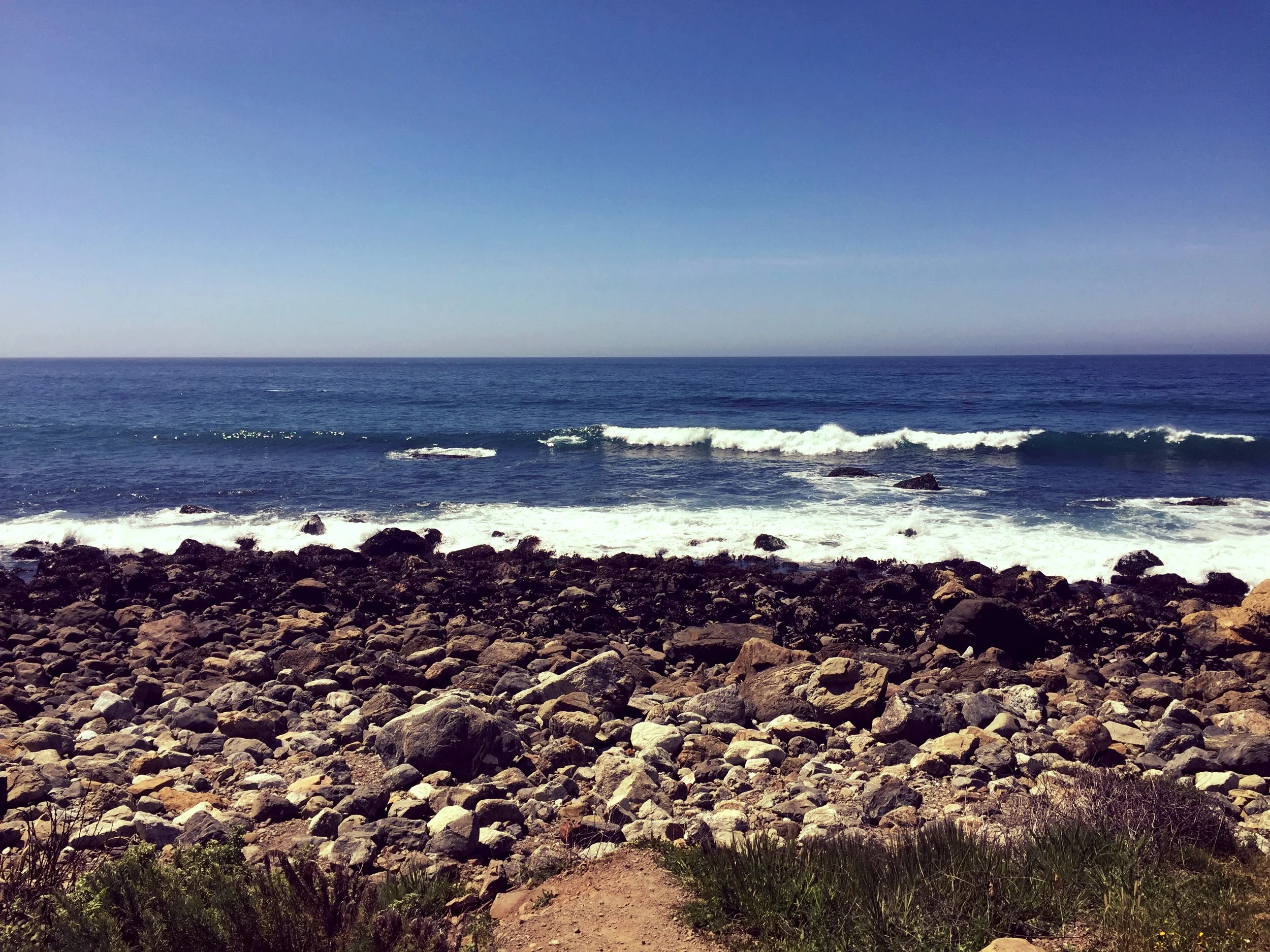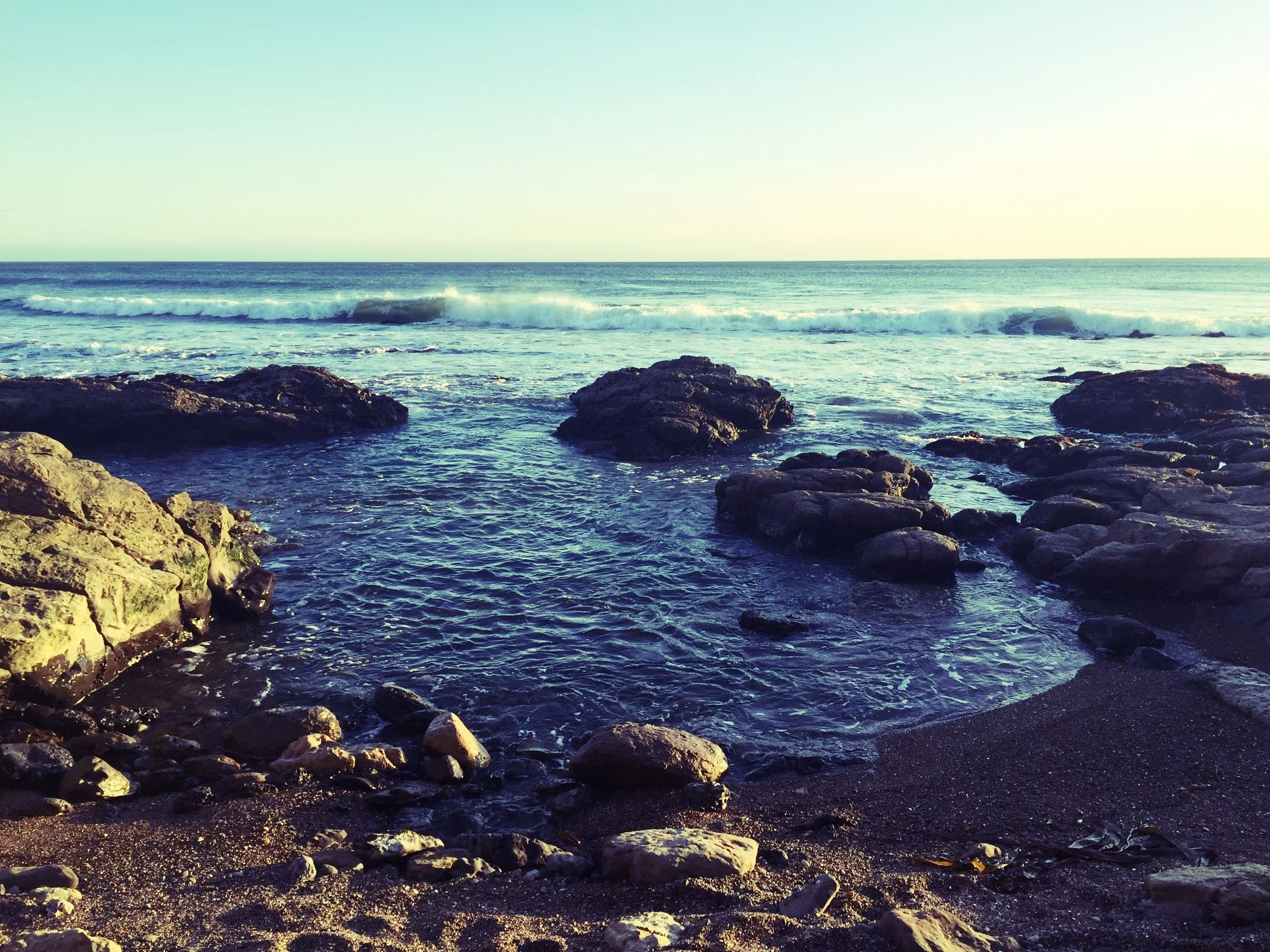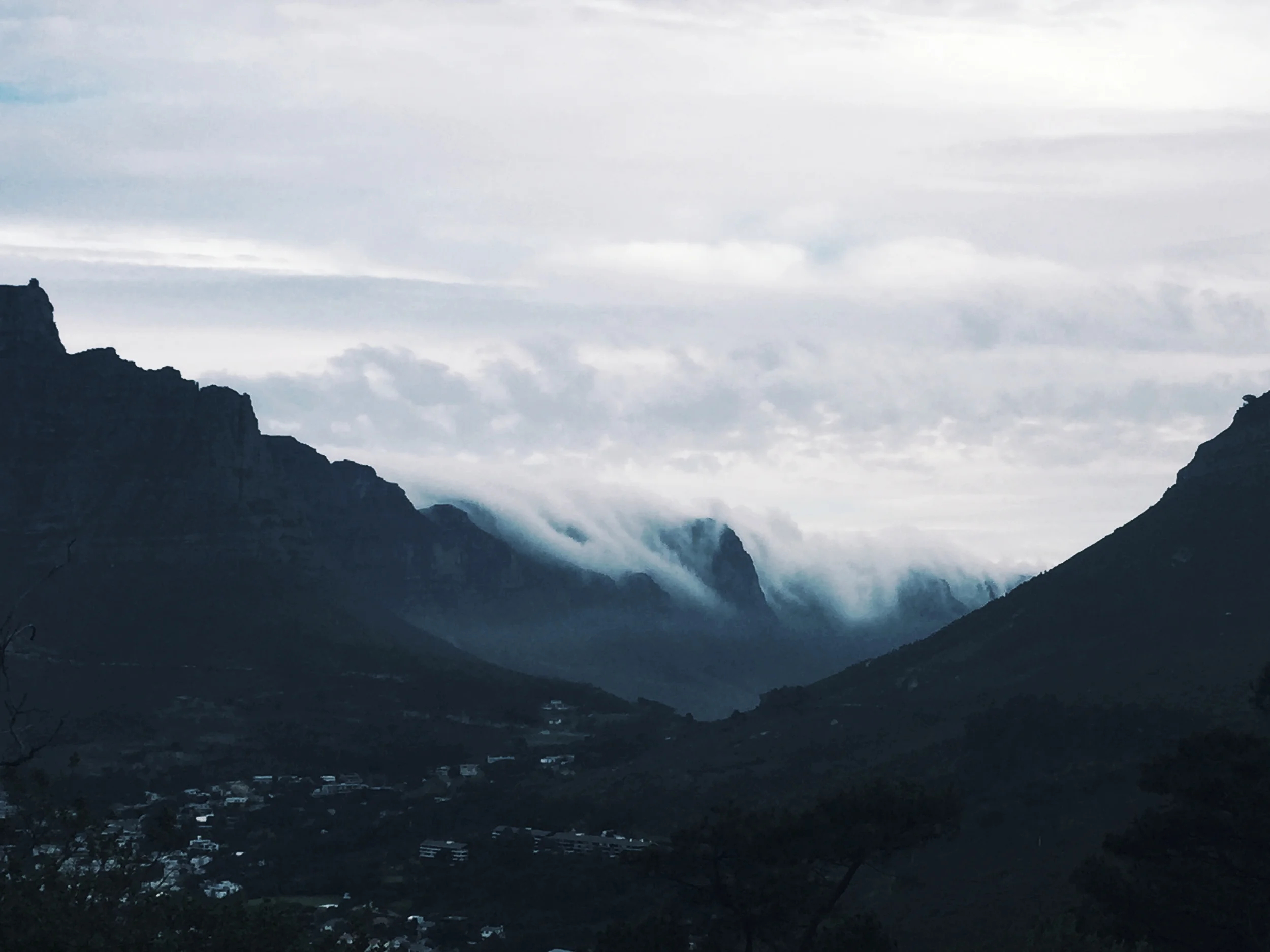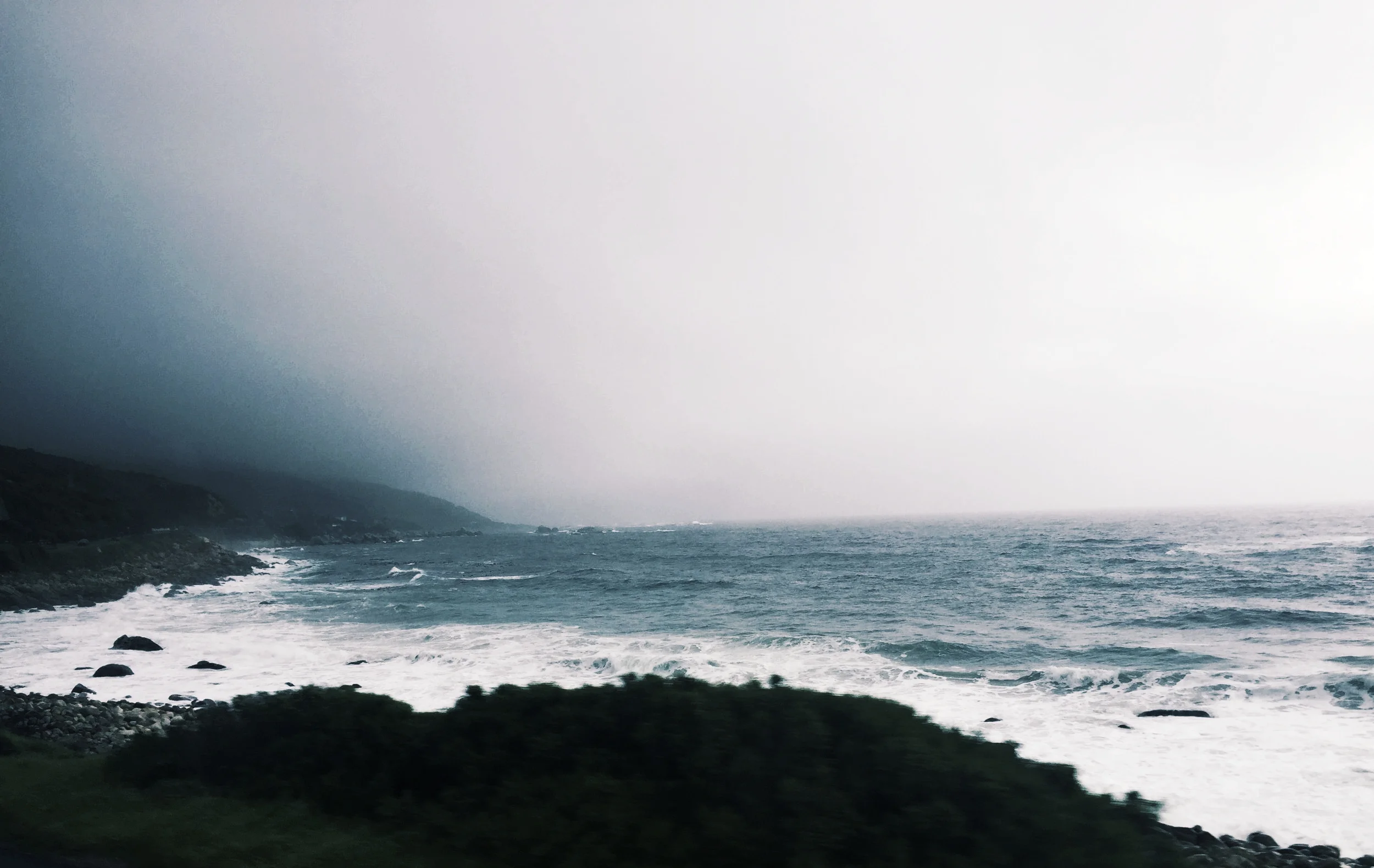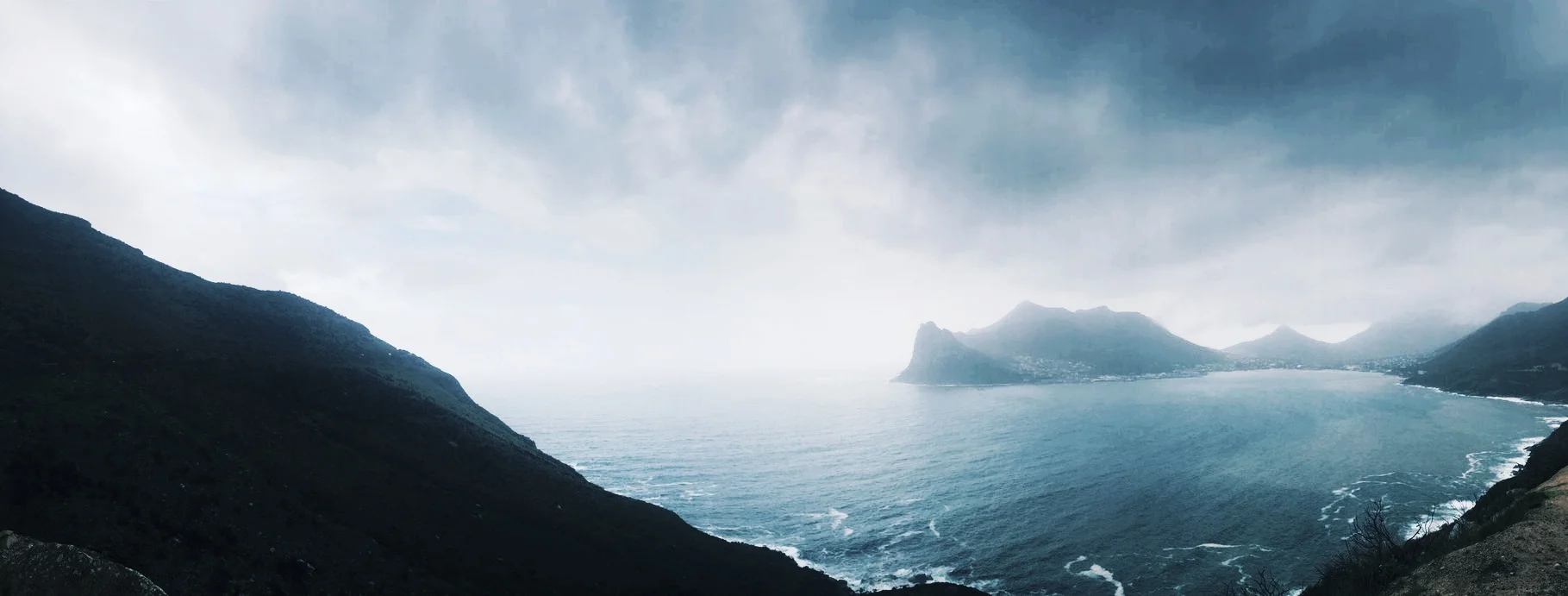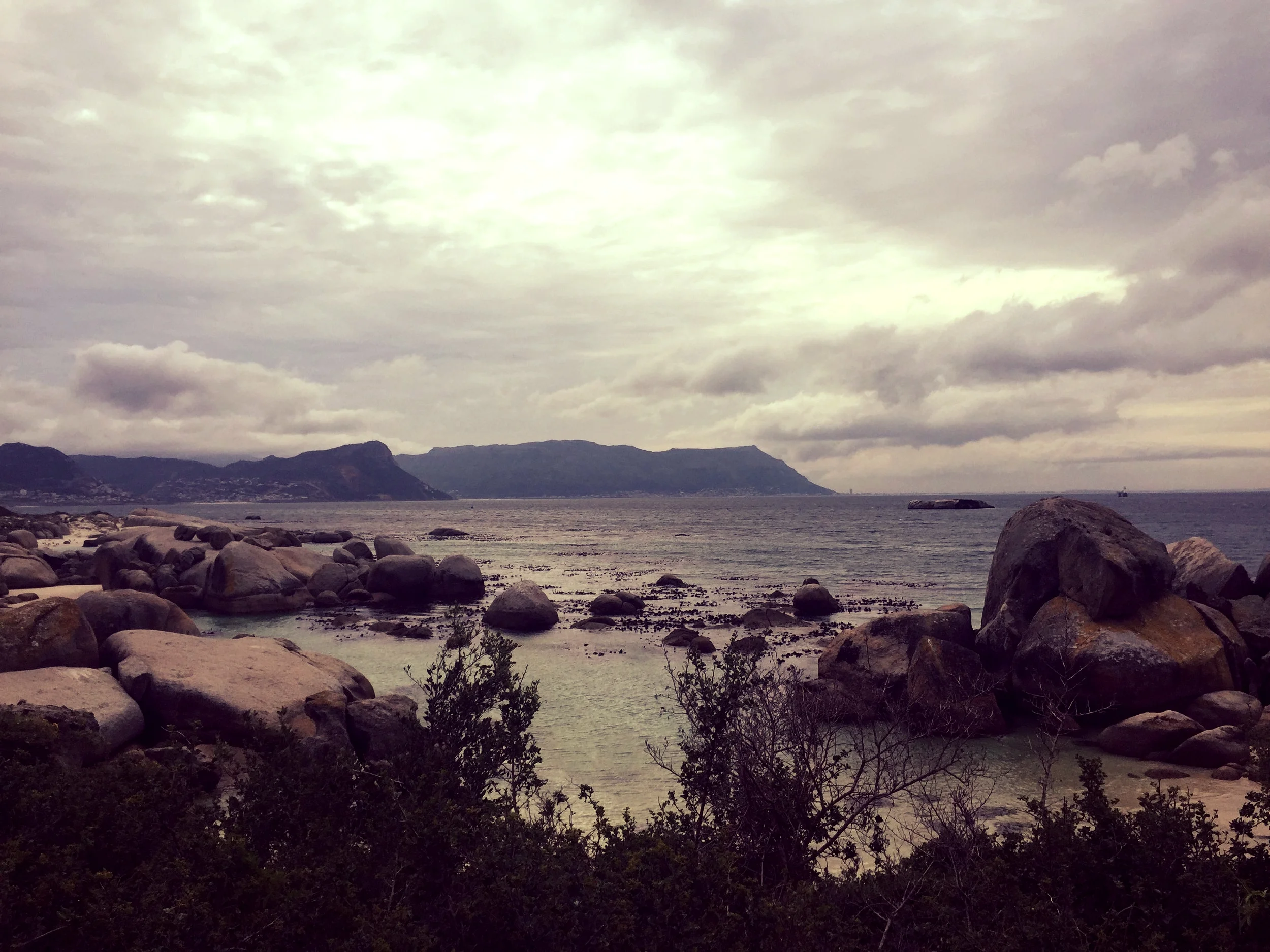A letter by Gretchen Turonek.
The "Threat" of Sex
Sex can be a weapon – a dagger that can leave wounds that will never fully heal.
My Waking Up
We grew up hearing that we had to admire and aspire to be with these alluring people, so that we could have sex with them and have nice children: “hay que mejorar la raza.”
Space for Aces: Finding a Home in a Sexual World
Asexual is one such label which has met with misrepresentations — perpetuated in medicine, the law, and popular media — due to both the lack of a strict definition and a pervasive “sexual assumption.”
Initiation
Poetry by Steph Keahey.
Summer Camp
Performance Poetry by S.J. Waring.
Spectrum
Art by Elyse Jones.
Vol. 2, Issue 1: Asexuality and Sex
For our Sex issue, The Asexual invites writers and artists under the ace umbrella to explore the intersections of the sexual and asexual.
Beyond Sex: The Multi-Layered Model of Attraction
Coming of age, I knew I was gay. But, something always felt... different.
Free Toy Included
Growing up as a second-generation Chinese Australian, I was constantly learning that the norm was actually just my norm.
Rose Garden
Acrylic paint on canvas by Julie Mejia.
Verbalizing Attraction
How do I explain that the “connection” they conceptualize as friendship represents a lot more to me? What does “more” mean to an asexual, anyway?
Thoughts, Musings, and Life.
Blog and Photography by Bella.
I am Asexual
Poetry by Julie Mejia.
Nemo Siqueiros' "Finding Me" Radio Program
I wanted to be a voice for queer people of color in the community amongst the majority of queer white voices that drowned everyone else out.
Examining the Whiteness of the Ace Community
Although ace visibility is changing, whiteness still dominates the community. This may be partially attributed to the fact that “asexuality,” as a contemporary identity category, originated within selective and highly white online spaces…
La Virgen
Digital Art by Kamy Martinez.
Racing Ace: Asexuality, Race, and Social Justice
Understand that an asexual movement must address the nuances of racialized sexuality before being able to argue for an identity-based asexuality.
Victoria Kee's "I Don't Give A Fuck" Web Series
Victoria Kee discusses her upcoming web series and representation for ace people of color.
Queen of Aces
“And what life is, often, is highly sexual – for most people, anyway. Or at least, that’s my understanding of it.”
